 Is it possible to regulate a sanitizing product with the MAPA?
Is it possible to regulate a sanitizing product with the MAPA?
If you are a manufacturer or importer of sanitizing products, you have probably wondered about the process of regulating these products with the Ministry of Agriculture, Livestock, and Supply (MAPA). After all, ensuring compliance with regulations is essential for the safe and legal commercialization of these items. But is it possible to regulate a sanitizing product with MAPA? In today's blog, we will explore this topic in detail.
What you will find in this blog:
What are sanitizers?
Before we dive into the regularization process, it is essential to understand the concept of sanitizers. These are products intended for the hygiene, disinfection, pest control, deodorization, cleaning, or conservation of environments, objects, or aquatic environments. From detergents to water treatment products and insecticides, sanitizers play a crucial role in promoting public health by controlling pathogenic microorganisms and insects, contributing to disease prevention, and maintaining the sanitary quality of spaces and objects.
What are MAPA's competencies in the process of regulating sanitizers?
Although Anvisa is responsible for regulating most sanitizing products in Brazil, MAPA also plays an important role in regulating certain specific types, especially those intended for use in agriculture. This includes disinfectants for agricultural facilities, equipment hygiene products for milking, and sanitizers for animal origin food processing locations.
MAPA's role in the regularization of sanitizers includes establishing norms, regulations, and procedures to ensure the safety, quality, and effectiveness of these products, especially those intended for agriculture. This involves the analysis of technical documentation, risk assessment, issuance of registrations or authorization for use, as well as inspection and monitoring of the production, importation, and commercialization of sanitizers. The primary objective is to protect public health, the health of agricultural products, and the environment, ensuring that sanitizers meet the legal and regulatory requirements established by the ministry.
How does the process of regulating sanitizers with MAPA work?
The process of regulating sanitizers with MAPA (Ministry of Agriculture, Livestock, and Supply) in Brazil follows some specific steps. These are the basic steps involved in this procedure:
Product registration:
The first step is to request product registration with MAPA. For this, it is necessary to submit a series of documents, including information about the manufacturing company, product composition, data on its effectiveness and safety, among others.
Documentary analysis:
MAPA will conduct an analysis of the documents submitted to verify if they comply with the requirements established by current legislation.
It is important to note that the process of sanitizers regularization may vary depending on the type of product and the specific regulations established by MAPA. Additionally, it is essential for companies to be attentive to legal requirements and deadlines to avoid problems in the regularization process and in the commercialization of their products.
Consult experts in the field!
Stone Okamont is your ally in the pursuit of success with excellence! We simplify and optimize your internal processes, organize your company, and maximize your performance, all while eliminating unnecessary costs and bureaucratic procedures through our Bureaucracy Zero method.
Want to know the ideal path
FOR YOUR COMPANY?
Request a quote here.


